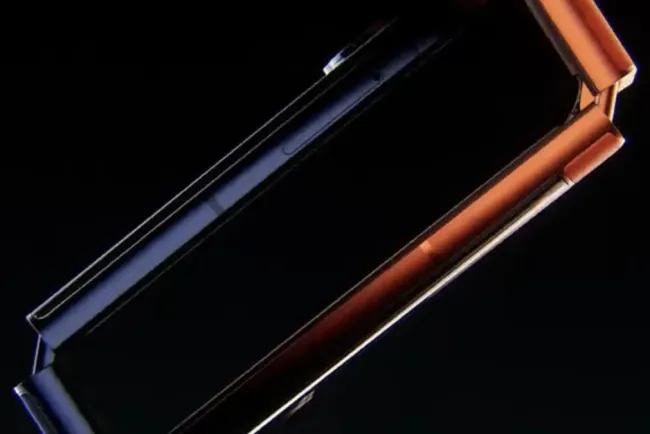Apple's iPhone 17 Series: TSMC's 3nm Chips & 2026's 2nm Breakthrough! ????????
Get the latest scoop on Apple's upcoming iPhone 17 series, set to feature TSMC's cutting-edge N3P 3-nanometer (3nm) chip technology! ???? But that’s not all – find out why the revolutionary 2nm processors will be reserved for the iPhone 18 Pro models in 2026. ????
Description:
???? Discover the Future of iPhones! ????
Get the latest scoop on Apple's upcoming iPhone 17 series, set to feature TSMC's cutting-edge N3P 3-nanometer (3nm) chip technology! ???? But that’s not all – find out why the revolutionary 2nm processors will be reserved for the iPhone 18 Pro models in 2026. ????
In this video, we dive into:
- The advancements in 3nm and 2nm chip technology.
- Apple's strategic partnership with TSMC.
- How these chips enhance performance and energy efficiency.
Stay ahead of the curve with insights into TSMC's plans for expanding their chip production and what it means for future iPhone models. ????
Don’t miss out! Hit the subscribe button and turn on notifications for more tech updates. ????
Apple's Upcoming iPhone 17 Series to Feature TSMC's Advanced 3nm Chip Technology; 2nm Process Expected for iPhone 18 Pro Models in 2026
Apple's iPhone 17 series, set to debut next year, will be powered by processors utilizing TSMC's advanced N3P 3-nanometer (3nm) chip technology. However, the highly anticipated 2nm processors from TSMC will likely be reserved for the iPhone 18 Pro models in 2026, due to cost considerations, according to Apple analyst Ming-Chi Kuo.
Understanding 3nm and 2nm Chip Technology
The "3nm" and "2nm" designations refer to the latest generations of semiconductor manufacturing technology, each representing a leap in chip design and architecture. The smaller the number, the tinier the transistors, allowing for more transistors to be packed onto a single chip. This generally translates to enhanced processing speed and better energy efficiency.
In the previous year, Apple integrated 3-nanometer chips into its iPhones and Macs, with the A17 Pro chip featured in the iPhone 15 Pro models and the M3 series chips in Macs both leveraging this advanced technology. This year's iPhone 16 series benefits from the A18 chip, which utilizes a refined 3-nanometer process, offering superior performance and efficiency compared to the A16 Bionic chip in the iPhone 15.
TSMC's 2nm Chips and Apple's Strategic Position
TSMC is poised to commence 2nm chip production in late 2025, with Apple expected to be among the first to leverage this groundbreaking technology. The chipmaker is investing heavily in expanding its production capabilities, including the construction of two new facilities and seeking approval for a third to support 2nm chip manufacturing.
Apple, as TSMC's largest client, typically secures early access to the newest chip technologies. For instance, in 2023, Apple acquired the entirety of TSMC's initial 3-nanometer chip production, underscoring their strategic partnership. This relationship often enables Apple to incorporate cutting-edge semiconductor innovations into its devices before competitors.
TSMC's 3nm Enhancements
Before transitioning to 2nm technology, TSMC will roll out several advancements within the 3nm node. The company has already introduced the N3E and N3P chips, which are enhancements of the 3nm process. Upcoming innovations include the N3X for high-performance computing and the N3AE for automotive applications.
Stay tuned for more updates as Apple and TSMC continue to push the boundaries of semiconductor technology, shaping the future of mobile and computing devices.
What's Your Reaction?






















